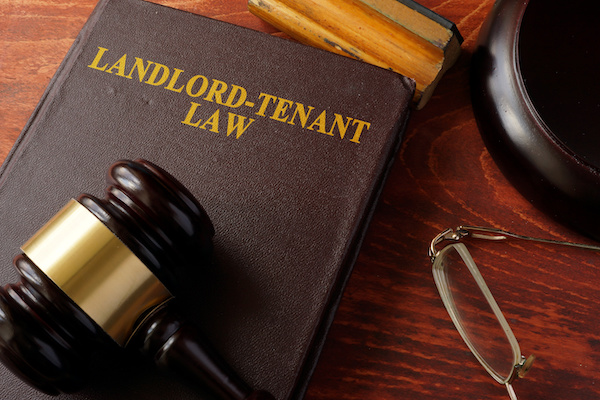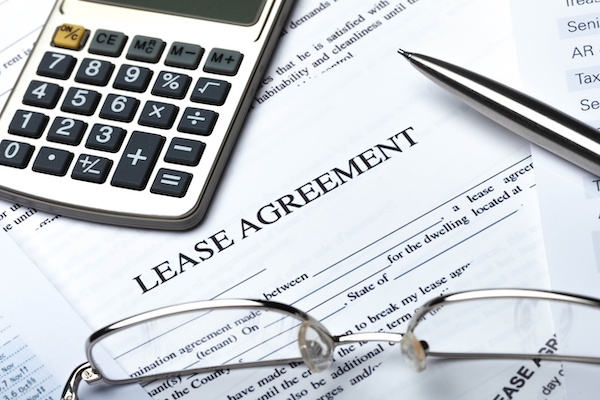Important Laws and Regulations for Landlords

If you are a landlord, managing a few units or several dozen, it’s going to be important you are well versed with the laws and regulations for landlords that apply to rental properties and tenants. Renting can be confusing, especially with all the temporary and new federal regulations.
Federal laws appear to help and protect tenants’ rights and don’t seem too helpful for many landlords. Therefore, it is absolutely essential to know what you can do, what you cannot do, to avoid any issues with the tenant.
With all the changes in laws, it’s going to be important to check what the latest and relevant landlord-tenant laws are. Rules change state to state, so before you increase rent, evict a tenant, or advertise a vacant rental unit, look up the laws. If you don’t act in accordance with state and federal landlord laws, you may give a tenant the opportunity to file a lawsuit against you.
You’ll learn the following laws:
Landlord-Tenant Laws and Regulations Involving Discrimination
This is straightforward, but I often find message boards about landlord’s breaking this law. This law prohibits landlords from denying housing to someone based on any discriminatory factors. This includes national origin, race, color, religion, sex, familial status, or disability.
With this in mind, you cannot ask for personal information from a prospective tenant as it could be seen as discriminatory practice. Furthermore, you can’t terminate a rental agreement because the renter’s circumstances change. In this case, always be a good human being and there will not be any problems.
Fair Credit Reporting Act
Credit reporting under the Fair Credit Reporting Act stipulates that a landlord must get an applicant’s consent to run a credit report. Usually, a rental application will provide permission to run a background screening check. There must be transparency with which credit reporting agency you’ll be submitting their information. Based on the report, you may decline the applicant, but you must provide what factors weighed on your decision to reject their application.
Drafting a Rental Agreement

Rental agreements are legal documents between you and your tenants. This agreement should contain the following:
- Lease term
- Rent amount
- Late fees
- Security deposit amount
- Rules for pets, maintenance and property inspection
Your rental agreement should not contain anything that contradicts state or federal laws. For example, there may be state laws that limit how much you can charge for late fees and how much you can increase rent. Any such contract would not be enforceable.
If you are thinking about evicting, I recommend reading this blog about evictions and what to expect now. Remember, the eviction process involves the eviction courts, so don’t think you can just post an eviction notice and move them out yourself. Tenants have rights, including squatters, so it’s utterly important to know what your rights are before doing anything.
Tenant’s Privacy Rights and Quiet Enjoyment
For some landlord’s, privacy rights are difficult because they own the property and will act in accordance with that. However, a tenant’s legal right to quiet enjoyment also protects their privacy. Meaning that the renter will live on the property as if it was their own.
This law also prevents landlords from entering a tenant’s home without proper notice. Meaning, if your lease stipulates at least 24 hour notice to enter, then you must do this and make reasonable effort to communicate with your tenant. Once you have provided enough notice, the tenant cannot refuse to allow you to enter the property. Remember, this law also protects the peace of the neighbors and the tenant cannot violate their right to quiet enjoyment.
Rental Inspection Laws
As mentioned in the privacy rights section, you must adhere to the laws on property inspections. There are no rules with how often you can do property inspections, but it’s not a good idea to take advantage of this. Instead, write out exactly what the property inspection looks like in the rental agreement. This could be annual or bi-annual, which is reasonable for most properties.
In addition, it isn’t a good idea to make impromptu inspections on the property, even just to say hello to a tenant you like. This can be taken the wrong way. Therefore, you will want to always have all of your inspections written and delivered to your tenants. This gives them notice without pressure. Lastly, don’t forget to specify what time the inspection will be conducted. This should happen in a reasonable time frame. Something like 8pm is not reasonable at all.
Laws Regarding Safety, Repairs and Maintenance
This law states that landlords must provide habitable housing for their tenants. Even if a tenant is guilty of violating their lease, this law still stands. As a landlord, you are responsible for the following:
- Access to hot and cold water
- Trash removal
- Heating and cooling
- Necessary utilities
- Keeping unit free from pests and vermin
Inversely, the tenant is also responsible for the care of the property. Therefore, you can set guidelines with how clean a tenant must keep the unit. They are responsible for the following:
- Will not allow garbage to pile up
- Will not willfully damage the property
- Inform landlord of any maintenance issues
Laws Regarding Evictions
Read an in-depth article about evictions here.
Landlord and Tenant laws are here to help both parties. Ensuring the tenant is safe and that your investment is protected. Make sure you know what the laws are before renting out any of your properties and you will save yourself a lot of headaches.